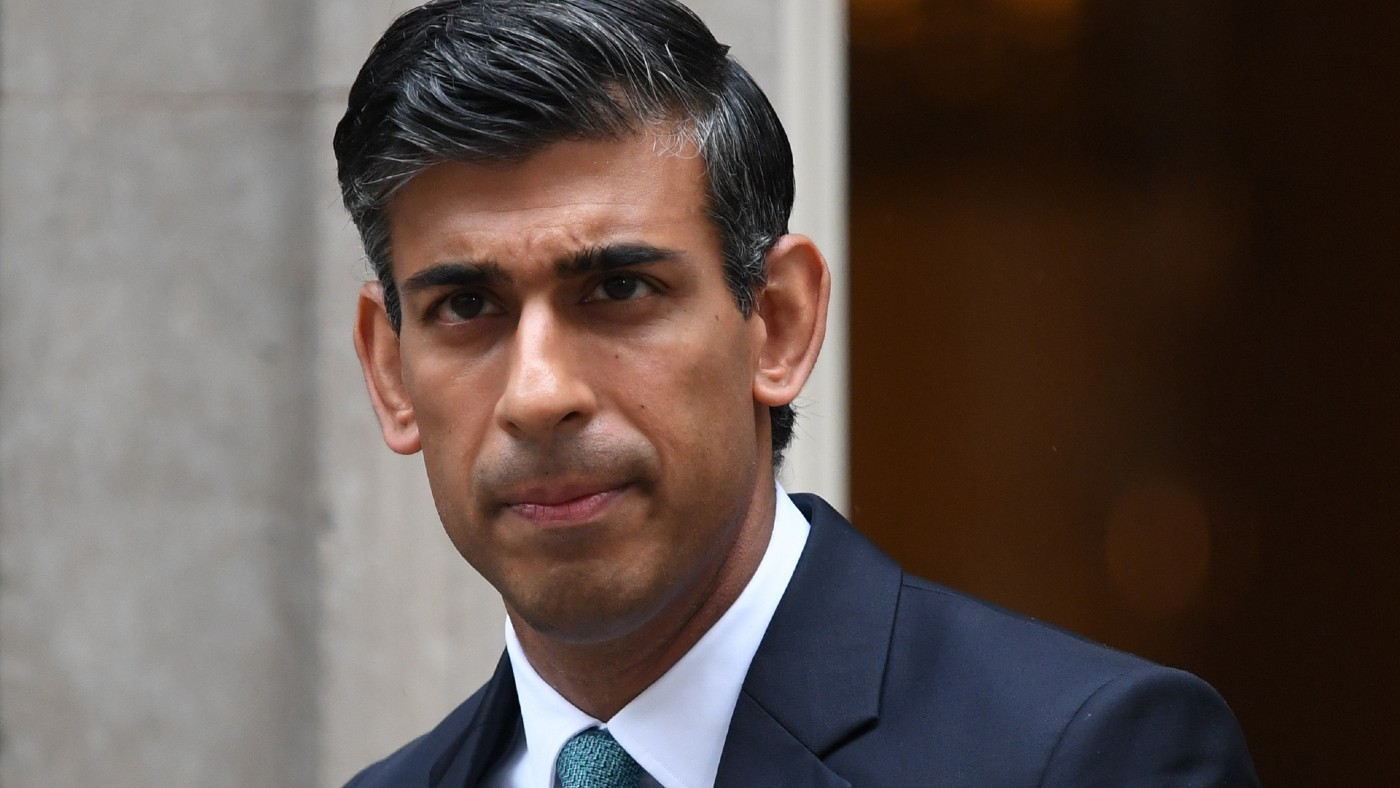Prime ministers and private healthcare
Rishi Sunak urged to ‘come clean’ after refusing to reveal whether he paid for his medical treatment

A free daily email with the biggest news stories of the day – and the best features from TheWeek.com
You are now subscribed
Your newsletter sign-up was successful
Rishi Sunak yesterday dismissed questions about whether he uses private healthcare as “not really relevant” to his government’s priority to reduce waiting times in the struggling NHS.
In a BBC interview with Laura Kuenssberg, the prime minister refused three times to comment on reports that he sees a private GP, insisting that healthcare was a “personal choice”. Discussing his own situation would be a “distraction” from the “real issue” of providing high-quality healthcare for the country, Sunak insisted.
‘It’s about honesty’
In November, The Guardian reported that Sunak was registered with a private GP practice that charges £250 for a half-hour appointment and guarantees same-day appointments.
The Week
Escape your echo chamber. Get the facts behind the news, plus analysis from multiple perspectives.

Sign up for The Week's Free Newsletters
From our morning news briefing to a weekly Good News Newsletter, get the best of The Week delivered directly to your inbox.
From our morning news briefing to a weekly Good News Newsletter, get the best of The Week delivered directly to your inbox.
When quizzed by Kuenssberg about those claims, Sunak said that healthcare was “something that is private”. He added: “But when it comes to the private sector in general, we should be making use of the independent sector. I don’t have any problem with that whatsoever.”
Speaking to the BBC, Pat Cullen, head of the Royal College of Nursing (RCN), which is set to take strike action again later this month, said that Sunak should “come clean” over his use of private healthcare. “I think as a public servant, you ought to be clear with the public whether or not you are using private health cover,” she told the broadcaster. “That’s about being open, it’s about being transparent, and it’s about honesty.”
Similarly, the shadow health secretary, Wes Streeting, who told the BBC he does not use private healthcare, said the interview painted Sunak as someone “who not only doesn’t use the NHS but doesn’t understand the scale of the challenges or have a plan to deal with the fundamental problems”.
‘Worst of all worlds’
If Sunak really did use the NHS like the vast majority of the country, “he’d have been more than happy to boast about it” in order to underline his “personal commitment to the service”, wrote Sean O’Grady in The Independent. Several of his Conservative prime ministerial predecessors were “pleased” to speak about their use of the NHS – John Major had his leg saved by the NHS after a car accident, while David Cameron would sometimes speak “movingly” about the care his late son, Ivan, received from the health service.
A free daily email with the biggest news stories of the day – and the best features from TheWeek.com
By contrast, Margaret Thatcher was happy to admit her use of private healthcare, declaring in 1987 that she thought it “vital” to “go into hospital on the day I want, at the time I want, and with a doctor I want”. But “the point is that they were all prepared to be transparent and open about their personal choices as public servants”, wrote O’Grady.
Sunak’s response to the questioning over his use of private health cover was “a fair enough answer”, said Kevin Schofield in HuffPost, but viewers will have noticed him “side-stepping” the question and will draw their own conclusions. A “better answer” from the prime minister would have been to admit that he does have private health cover – a fact most “reasonable people” would not be shocked by given his considerable wealth – “but that it would not detract from his determination to sort out the NHS crisis”.
Instead, Sunak has “opted for the worst of all worlds by dodging the question”, said Schofield. “For a prime minister who places great store in his slick communications, it was an unnecessary mis-step.”
Sorcha Bradley is a writer at The Week and a regular on “The Week Unwrapped” podcast. She worked at The Week magazine for a year and a half before taking up her current role with the digital team, where she mostly covers UK current affairs and politics. Before joining The Week, Sorcha worked at slow-news start-up Tortoise Media. She has also written for Sky News, The Sunday Times, the London Evening Standard and Grazia magazine, among other publications. She has a master’s in newspaper journalism from City, University of London, where she specialised in political journalism.